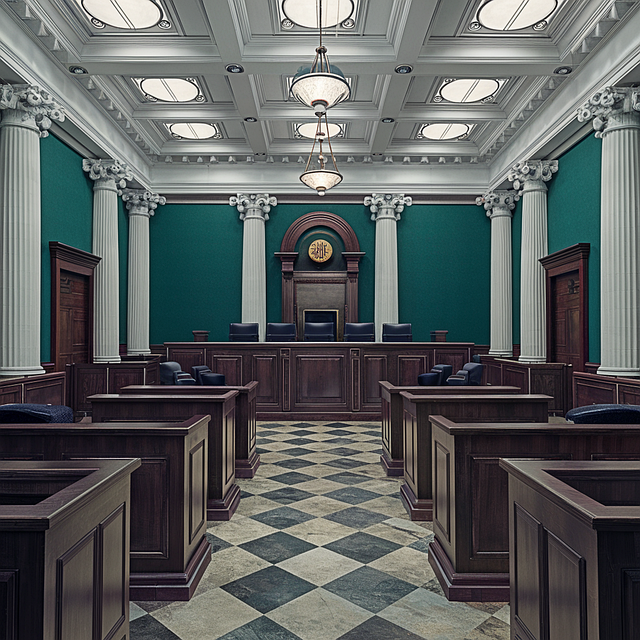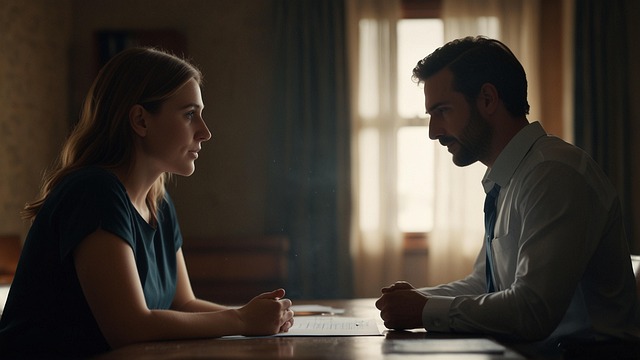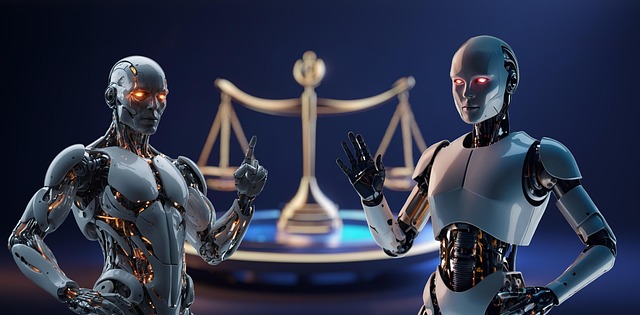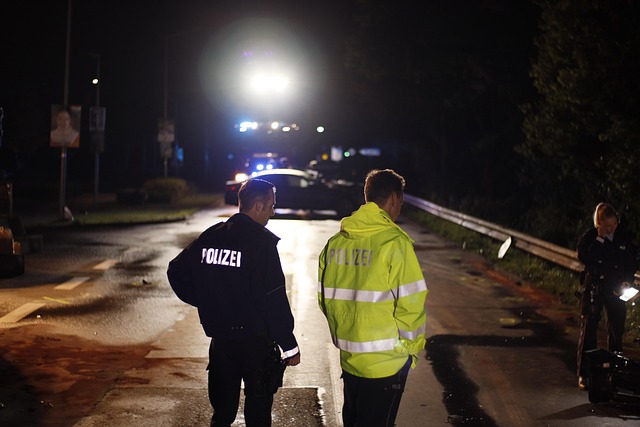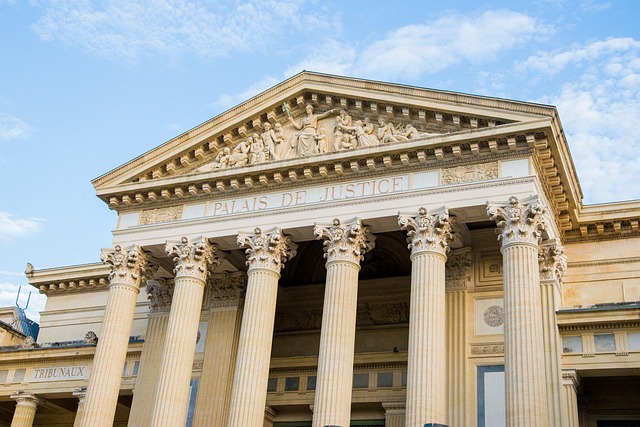Whistleblower Protection Lawsuits rely heavily on a fair trial, achieved through rigorous jury selection using voir dire. This process uncovers potential biases, ensuring impartial jurors for complex cases involving corporate or governmental misconduct. Effective voir dire is crucial for protecting whistleblowers' rights and delivering just outcomes, especially against powerful adversaries, as demonstrated by successful defense verdicts nationwide. Legal professionals can learn from these cases to navigate complex trials and advocate effectively for whistleblower clients.
“Uncovering the intricacies of whistleblower protection lawsuits, this comprehensive guide explores a critical aspect of modern legal battles. Understanding these cases is essential for navigating the complexities of justice. We delve into the significance of ‘voir dire’—the process ensuring fair trials—in protecting whistleblowers while addressing strategic challenges in prosecution.
The article presents case studies showcasing both successes and lessons from high-profile suits, emphasizing the importance of voir dire in criminal trials for a balanced and just outcome.”
- Understanding Whistleblower Protection Lawsuits: A Comprehensive Overview
- The Role of Voir Dire in Ensuring Fair Trials for Whistleblowers
- Strategies and Challenges in Prosecuting Whistleblower Protection Cases
- Case Studies: Successes and Lessons from High-Profile Whistleblower Suits
Understanding Whistleblower Protection Lawsuits: A Comprehensive Overview

Whistleblower Protection Lawsuits are a crucial mechanism to safeguard individuals who expose illegal activities within their organizations. These lawsuits play a pivotal role in promoting transparency and accountability, especially in cases involving white-collar and economic crimes. When an employee or insider reveals information about fraudulent practices, corporate malfeasance, or other illegality, they become vulnerable to retaliation from their employers. This is where whistleblower protection comes into play, providing a legal shield to deter such actions.
The process often involves a comprehensive overview of the case, including the Importance of Voir Dire in Criminal Trials. Voir dire, meaning “to speak the truth,” is a critical step in ensuring fair trials. In the context of whistleblower cases, it allows for the thorough examination of potential jurors, uncovering biases or conflicts that could impact their impartiality. This meticulous process helps select an unbiased jury, which is essential for a just outcome, especially when dealing with sensitive corporate and individual clients facing charges like avoiding indictment.
The Role of Voir Dire in Ensuring Fair Trials for Whistleblowers
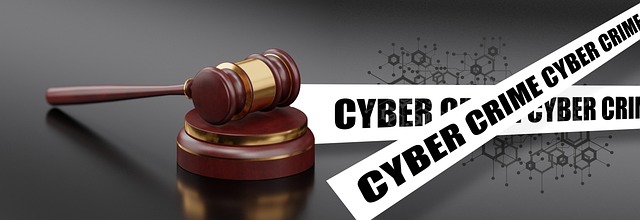
Voir dire plays a pivotal role in ensuring fair trials for whistleblowers, particularly in high-stakes cases where reputations and outcomes are on the line. This meticulous process, encompassing all stages of the investigative and enforcement process, allows judges to carefully select jurors who can set aside bias and prejudice, thereby providing an unbiased platform for truth to emerge.
By rigorously questioning potential jurors during voir dire, attorneys and judges can uncover hidden biases, ensuring that only those with an open mind and impartial perspective are seated. This is especially crucial in whistleblower protection lawsuits, where complex facts and sensitive information may be involved. An unprecedented track record of successful trials among whistleblowers underscores the effectiveness of this vital procedure in safeguarding due process rights.
Strategies and Challenges in Prosecuting Whistleblower Protection Cases
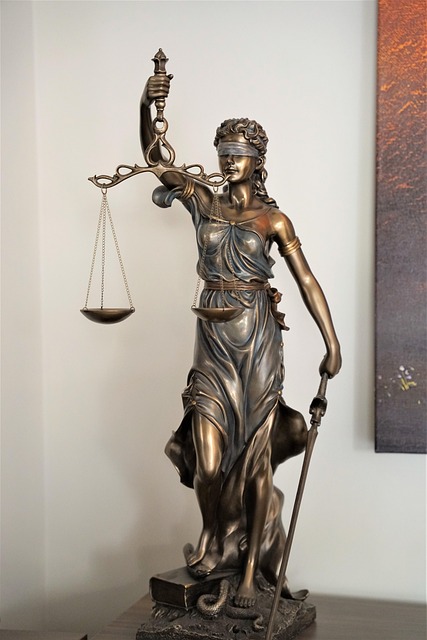
Prosecuting whistleblower protection cases presents a unique blend of strategic considerations and challenges. One of the cornerstone tactics in these trials is the process known as voir dire, which plays a pivotal role in selecting an impartial jury. Effective voir dire ensures that potential jurors can set aside personal biases and prejudices, allowing them to render a fair verdict based solely on the evidence presented during the trial. This is particularly crucial in cases involving sensitive matters like corporate misconduct or government corruption, where public perception can significantly impact the outcome.
Moreover, navigating the complexities of these cases requires a nuanced understanding of both criminal law and the specific legal protections afforded to whistleblowers. Attorneys must delve into the intricacies of white-collar and economic crimes, balancing the need for justice with the protection of informants who expose wrongdoings within philanthropic and political communities. This involves meticulous case preparation, including gathering compelling evidence, corroborating witness testimonies, and addressing potential defenses, while also contending with strategic challenges from general criminal defense attorneys who may employ various tactics to sow doubt or undermine the whistleblower’s credibility.
Case Studies: Successes and Lessons from High-Profile Whistleblower Suits

Whistleblower protection lawsuits have played a pivotal role in exposing corporate and governmental misconduct, often leading to significant changes in policy and practice. Case studies from high-profile suits highlight both the successes and lessons learned. One notable trend is the growing importance of voir dire in criminal trials. Effective jury selection through voir dire has been instrumental in securing winning challenging defense verdicts across the country. This process allows attorneys to uncover biases, prejudices, and potential conflicts, ensuring a fair and impartial jury, which is crucial for general criminal defense strategies.
These cases also underscore the value of robust legal representation. Whistleblowers often face fierce retaliation from powerful entities, making it imperative for them to have experienced counsel. Successful lawsuits have demonstrated that well-prepared and passionate defense teams can counter aggressive prosecution efforts and protect whistleblowers’ rights. By examining these case studies, legal professionals can gain insights into navigating complex whistleblower protection litigation while advocating for their clients’ interests.
Whistleblower protection lawsuits play a pivotal role in upholding justice, especially in cases where individuals speak out against corporate or government misconduct. As highlighted in this article, understanding the intricacies of these lawsuits, from the comprehensive overview to the challenges and successes, is essential. The role of voir dire cannot be overstated; it serves as a crucial mechanism to ensure fair trials for whistleblowers by rigorously scrutinizing potential biases. By employing effective strategies and learning from case studies, legal professionals can navigate the complexities of these cases, ultimately safeguarding the integrity of the justice system. The importance of voir dire in criminal trials is evident, ensuring that every defendant, including whistleblowers, receives a fair and impartial judgment.

